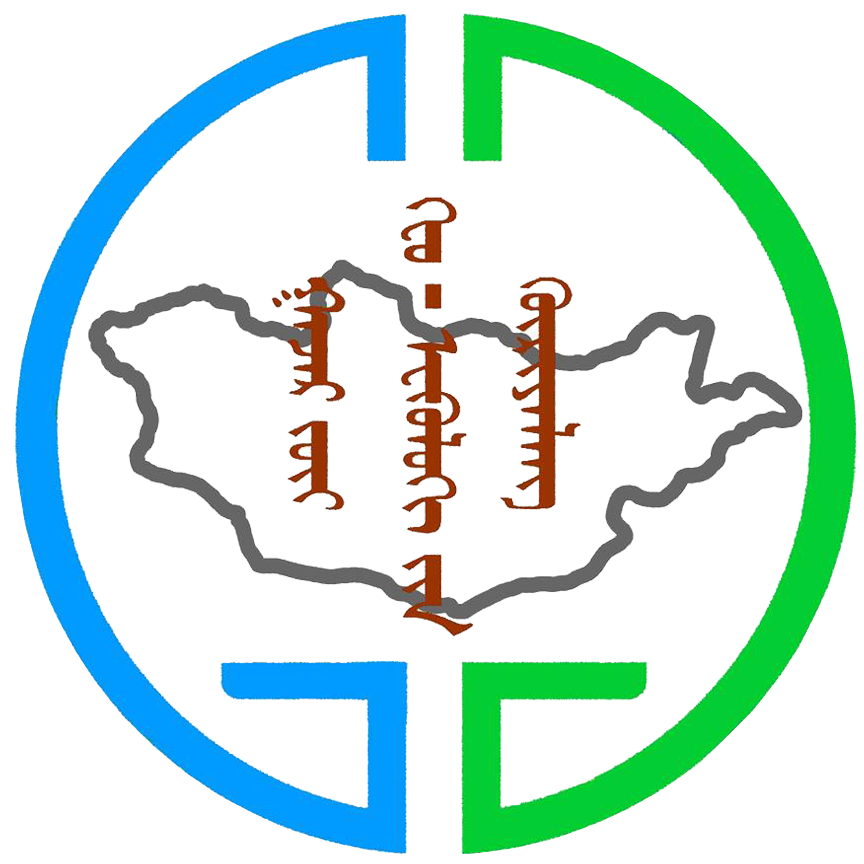Ecosystems in the Central Asian Plateau, which includes the Mongolian Plateau, are becoming increasingly sensitive to human interventions, leading to deterioration of already fragile ecosystems. The goal of this paper is to illustrate human dependence on an ecosystem by identifying patterns of resource consumption in this region and investigatingthe knowledge and perceptions of herders living in these ecosystems. Data on consumption in the two regions were collected using structured questionnaires delivered to a total of 252 herders from Mongolia and China’s Inner Mongolia. Meat and other animal products remain the dominant food items for most households, accompanied by various vegetables and cereals. This unbalanced diet leads to excessive consumption of protein and fat from animal sources. The major energy sources used by herders are fuelwood, animal dung, crop residues, and dry grass, but consumption patterns differed between the two areas. Mongolian herders rely more heavily on livestock for meeting their consumption needs than herders in Inner Mongolia. Herder knowledge and perceptions of ecosystem conditions and consumption of resources differed between Mongolia and Inner Mongolia, reflecting the influence of different state policies. The data reported and the conclusions drawn are relevant for developing resource management policies for the Mongolian Plateau, but also provide useful insights for any region where livestock production dominates the use of rangeland resources.
